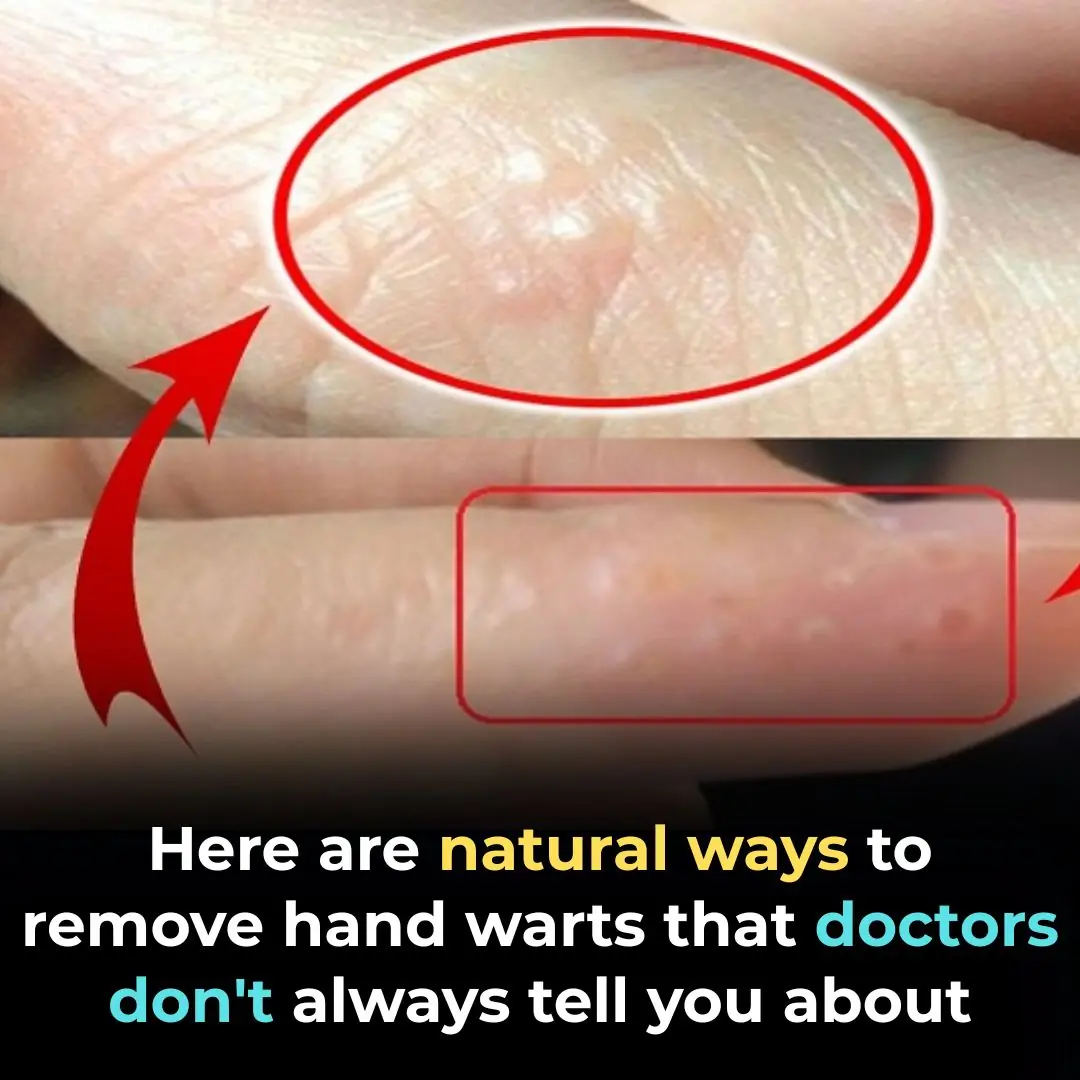
Scientifically Proven Health Benefits of Extra Virgin Olive Oil
Scientifically Proven Health Benefits of Extra Virgin Olive Oil
Extra Virgin Olive Oil (EVOO) is a cornerstone of the Mediterranean diet and an important source of healthy fatty acids with tremendous health benefits. EVOO is good for you because it's rich in the monounsaturated fat oleic acid and potent plant-based antioxidants called polyphenols.
This article explores the many proven reasons why consuming EVOO is healthy, from heart protection to brain health.
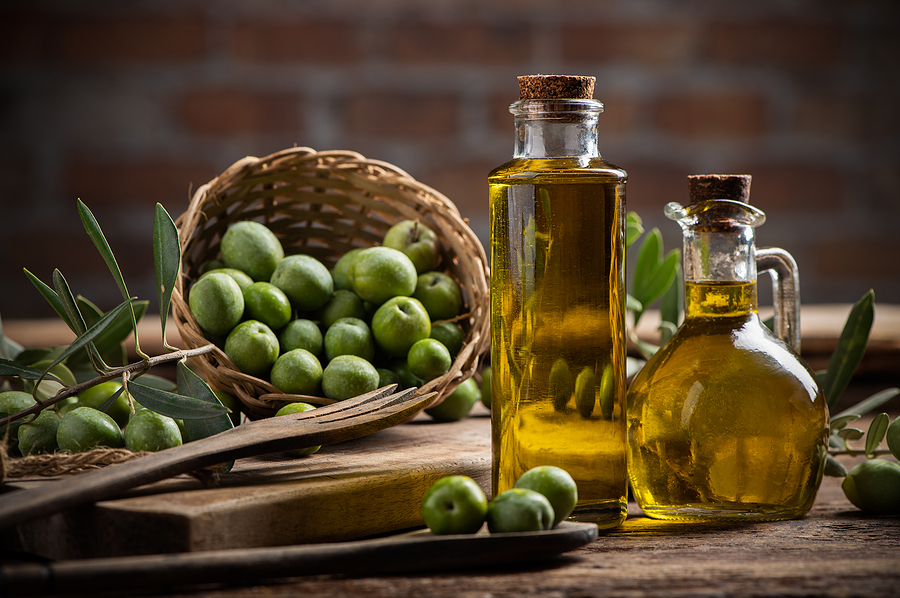
Understanding Extra Virgin Olive Oil (EVOO)
EVOO is made from pressing the oil from fresh olives. It is considered the highest quality because it is:
-
Cold-Pressed and Unrefined: It is extracted mechanically without high heat or chemical solvents, preserving its natural chemical composition.
-
Nutrient-Rich: Unrefined EVOO contains the highest amounts of beneficial polyphenols (antioxidants) and other nutrients compared to pure or refined olive oils.
-
Pure vs. Extra Virgin: Pure olive oil is a mixture of refined olive oil and a small amount of EVOO. Refining removes impurities using high temperatures or chemicals, which also strips away most of the healthy antioxidants and vitamins.
Is EVOO Good for Cooking?
Many studies confirm that high-quality EVOO is good for cooking and even light frying.
-
Smoke Point: The smoke point of EVOO is around (). Since the optimal temperature for frying is about (), EVOO can be used without issue for most cooking methods.
-
Antioxidant Protection: The high antioxidant content in EVOO actually protects the oil from excessive oxidation during heating, making it more stable than many other oils.
Key Health Benefits of Extra Virgin Olive Oil
EVOO's health benefits stem primarily from its oleic acid content and its high concentration of polyphenols.
1. Promotes Good Cardiovascular Health
Consuming EVOO daily helps keep your heart healthy and reduces the risk of stroke and heart disease.
-
Lowers Blood Pressure: Regular intake, often daily in studies, helps reduce systolic blood pressure due to its polyphenol content.
-
Reduces Heart Attack Risk: Studies show that consuming EVOO daily reduces the risk of coronary heart disease.
-
Improves Cholesterol: EVOO is linked to lowering "bad" LDL cholesterol and increasing "good" HDL cholesterol. It also helps reduce inflammation and plaque buildup in the arteries, lessening the risk of atherosclerosis.
-
Reduces Stroke Risk: The oleic acid content is associated with a lower incidence of stroke.
2. Powerful Anti-Inflammatory Properties
Chronic inflammation is linked to many serious diseases, but compounds in EVOO can help.
-
Oleocanthal: This compound in olive oil acts similarly to anti-inflammatory pain medication, helping to reduce inflammation throughout the body.
-
Chronic Diseases: EVOO consumption may help manage symptoms of inflammatory diseases such as rheumatoid arthritis, psoriasis, inflammatory bowel disease, and lupus.
3. Supports Cognitive and Brain Health
The antioxidants in EVOO are crucial for brain function and protection.
-
Prevents Age-Related Disorders: Research, particularly on mice models, suggests that components like oleuropein aglycone can improve cognitive performance and protect the brain against the effects of Alzheimer’s disease and age-related cognitive decline.
-
Boosts Antioxidants: EVOO intake can increase levels of glutathione, one of the body's most important antioxidants, which improves learning potential and lowers memory deficits.
4. Aids in Weight Management
Despite being high in calories (like all fats), consuming healthy EVOO can aid in weight loss efforts.
-
Clinical trials show that supplementing a diet with olive oil can be more effective for weight loss than a low-fat diet, helping to reduce body fat and waist circumference.
5. Other Proven Benefits
-
Antibacterial Properties: EVOO can help protect against infection from food-borne pathogens like Salmonella and Listeria. It may also have an antibacterial effect on Helicobacter pylori, which can cause peptic ulcers.
-
Diabetes Management: Compounds like oleuropein help the body secrete more insulin and may prevent the onset of type 2 diabetes.
-
Bone Health: Regular consumption of EVOO can help prevent osteoporosis and brittle bones by reducing bone density loss, especially in older and postmenopausal women.
-
Digestive Relief: Drinking a tablespoon of olive oil in the morning or before bed can act as a gentle stool softener to relieve constipation.
-
Skin and Hair Health: The fatty acids and antioxidants protect the skin from DNA damage and photoaging. EVOO is also used externally as a moisturizer and a remedy for dry hair and scalp conditions like dandruff.
How Much Olive Oil to Consume Daily
Most studies promoting significant health benefits suggest taking 2 tablespoons () of EVOO per day to help treat high cholesterol and lower blood pressure. To significantly lower the risk of coronary heart disease, doses between 3 and 4 tablespoons have been recommended.
Simple ways to incorporate it:
-
Drizzle over salads, roasted vegetables, or whole grains.
-
Use as a dip for bread (in place of butter).
-
Add to your morning yogurt, mashed potatoes, or toast.
Is Olive Oil Bad for You?
Olive oil is an extremely healthy oil. The main consideration is its high caloric density, meaning it should be used to replace less healthy fats (like butter or margarine), not simply added to the diet. Additionally, discard olive oil if it has an "off" or musty smell, as rancid oil loses much of its antioxidant benefit.
News in the same category

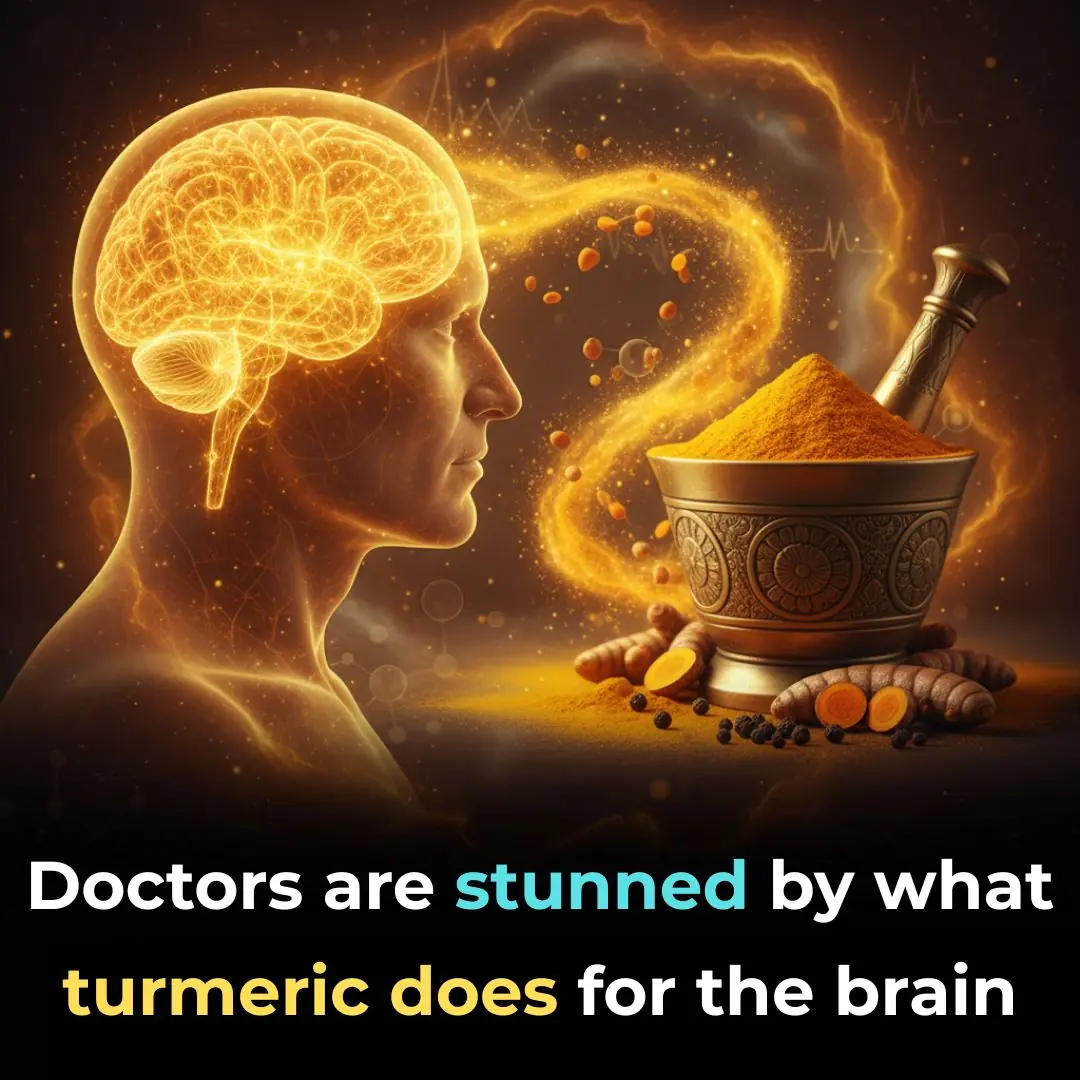
Medicinal Health Benefits of Turmeric, Curcumin and Turmeric Tea Based on Science

The best way to lower blood pressure fast!

9 Habits You Need To Adopt Today To Stop Alzheimer’s or Dementia Before It Starts
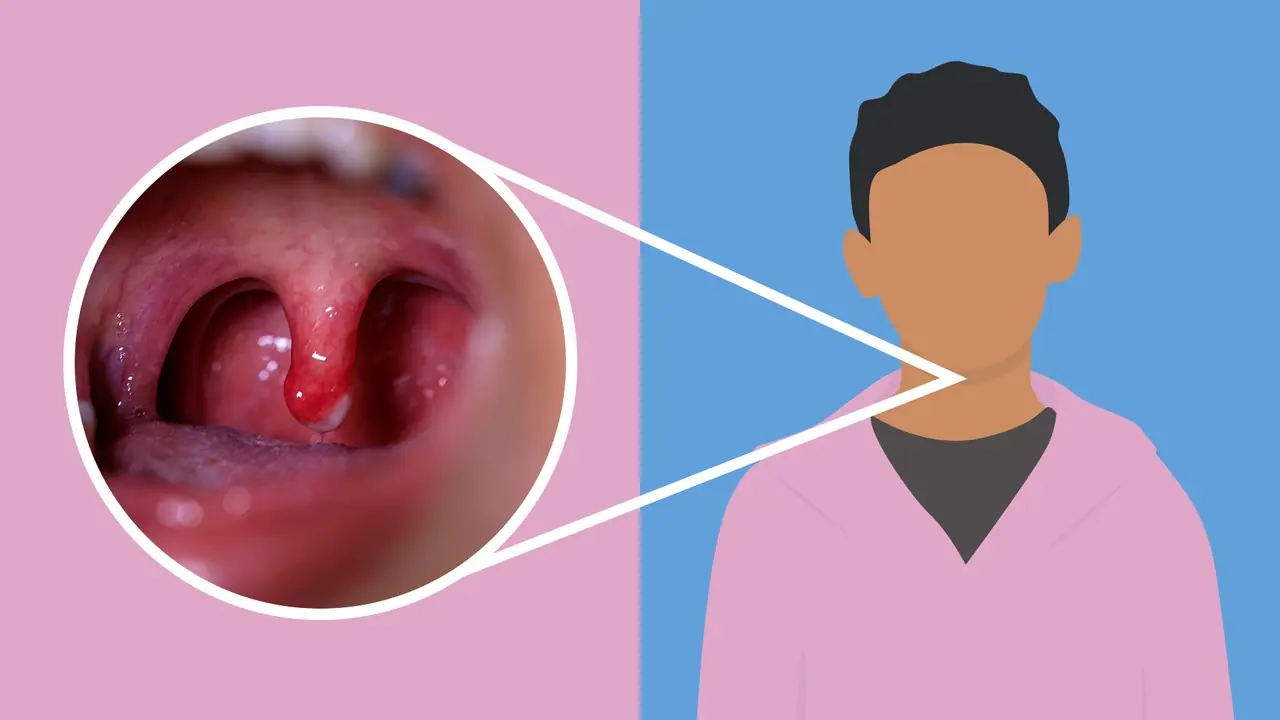
Get Rid of Throat Mucus Faster With These Highly Effective Natural Remedies
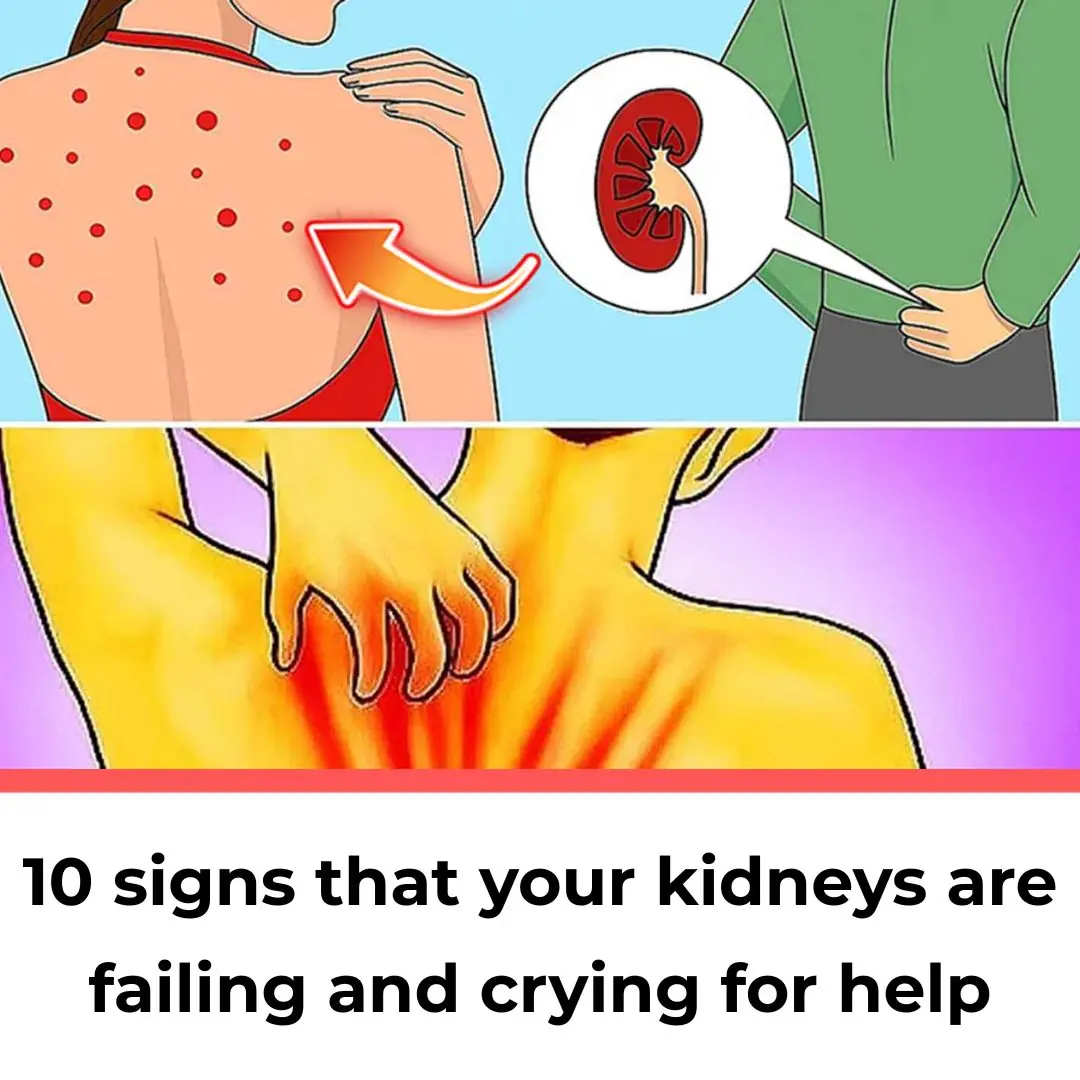
10 Symptoms of Kidney Disease
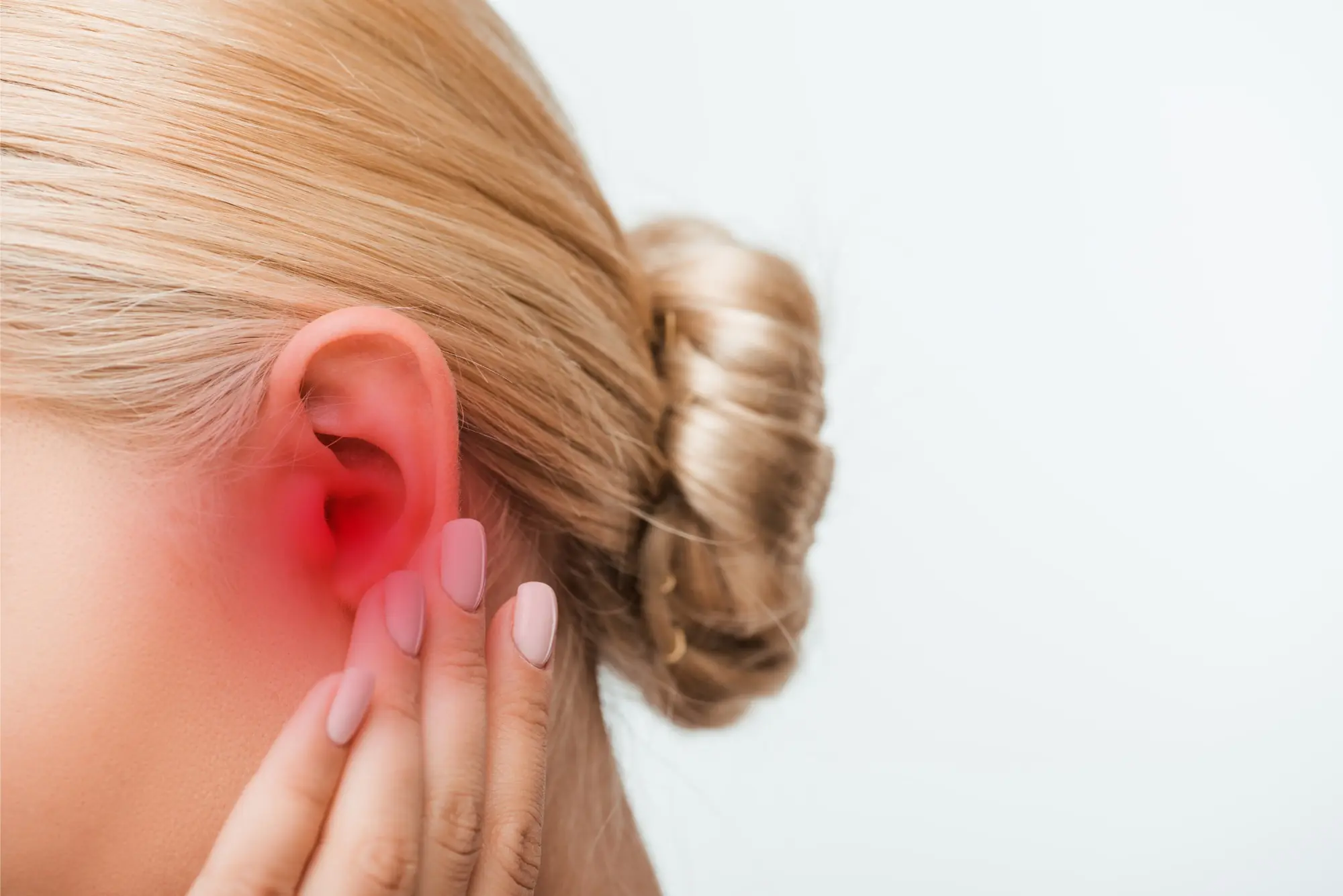
EAR PAIN EXPLAINED Causes, Relief & When to See a Doctor

Men Over 60: Chew This for 60 Seconds to Boost Energy & Confidence
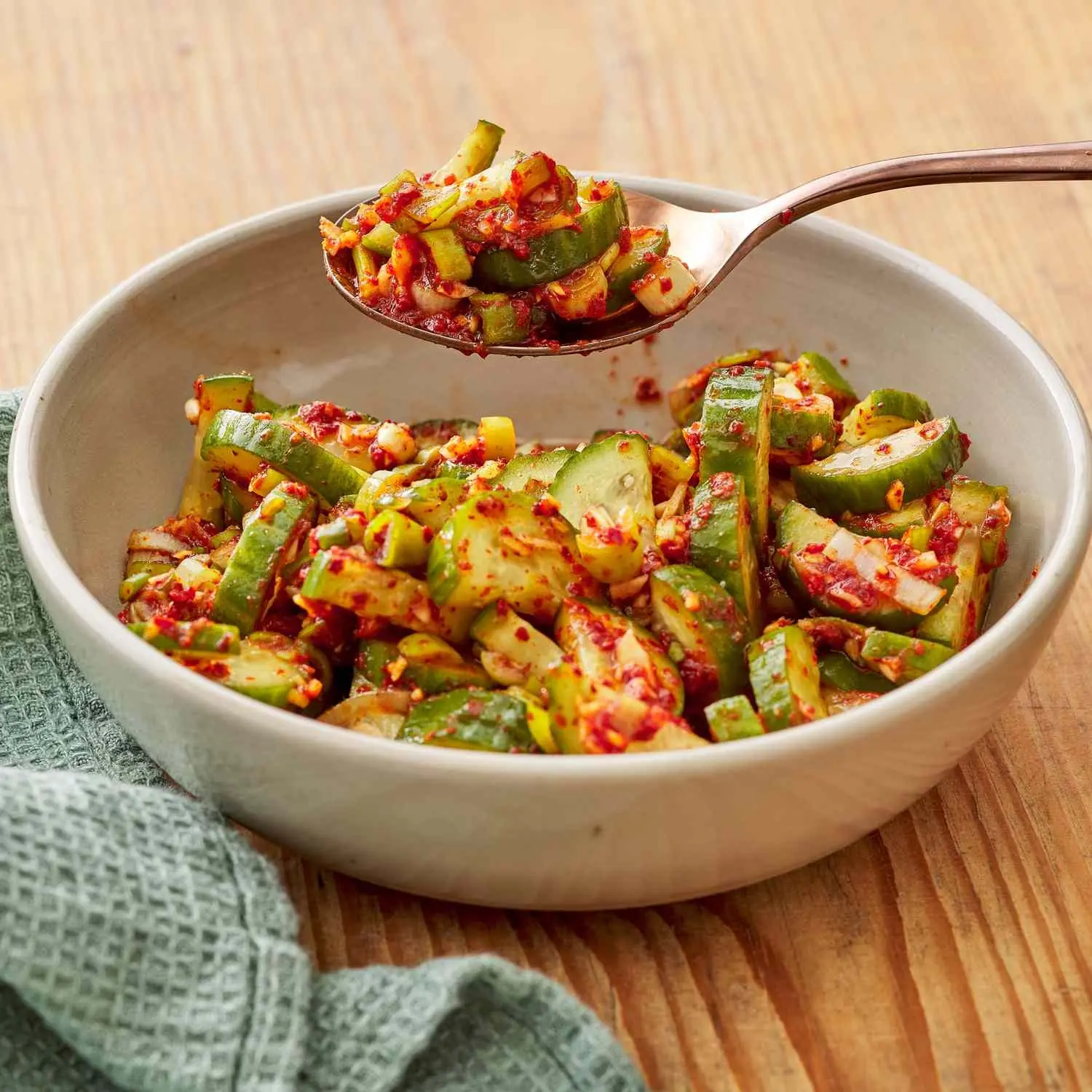
How to Lose Weight with Cucumber! Simple & Quick Morning Recipe

5 Deficiencies Almost Everyone Has (But Doesn’t Know About)
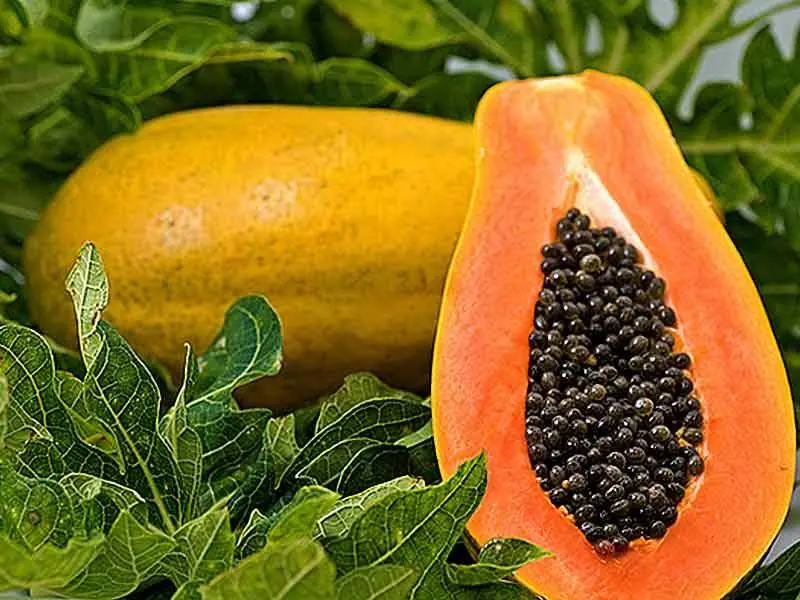
Scientifically Proven Health Benefits of Papaya (Fruit) and Uses for the Seeds
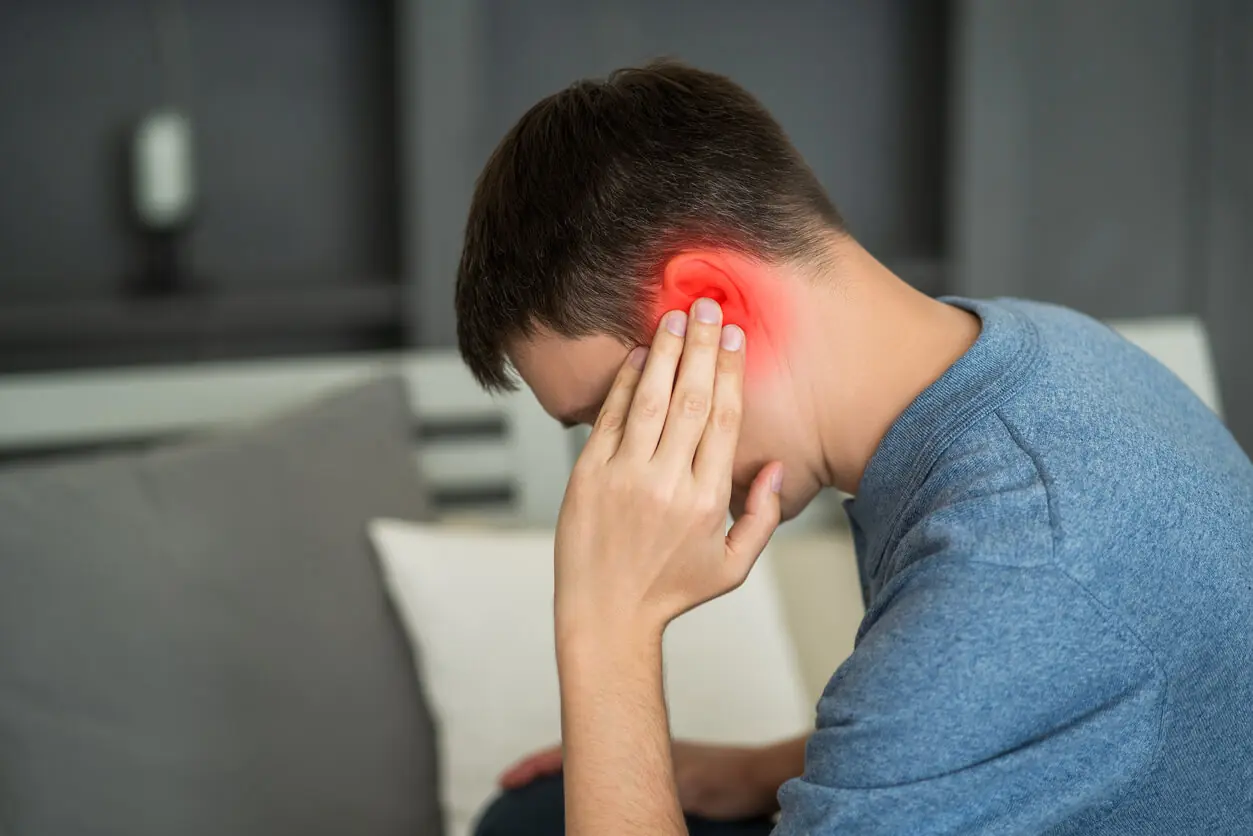
Sharp Pain in Ear: Causes, Treatments, and When to See a Doctor

15 Nighttime Signs of Diabetes You Shouldn’t Ignore
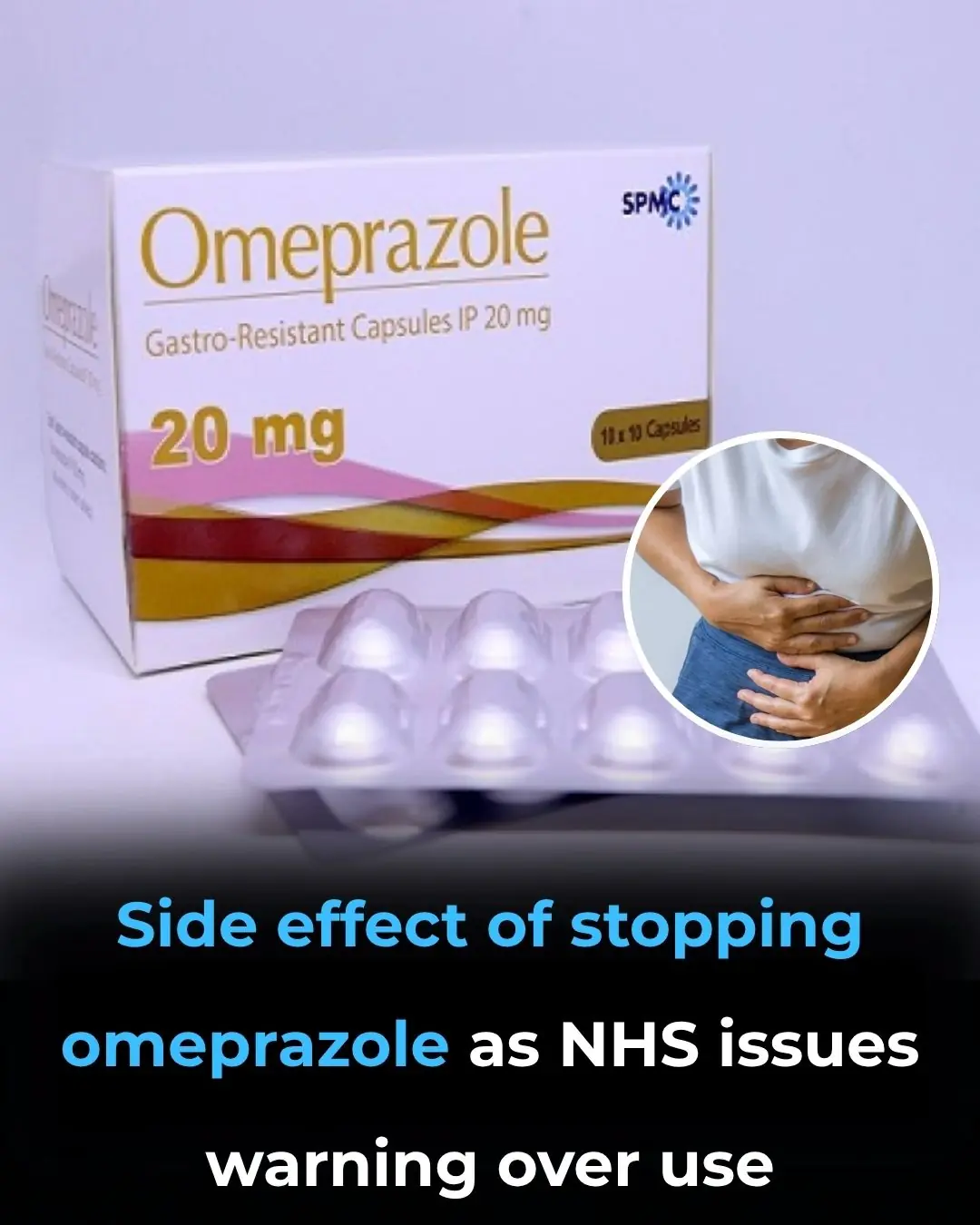
Side effect of stopping omeprazole as NHS issues warning over use

Proven Health Benefits of Banana and Banana Peel Based on Science

Worrying health reality of what it means if you leave skids in the toilet
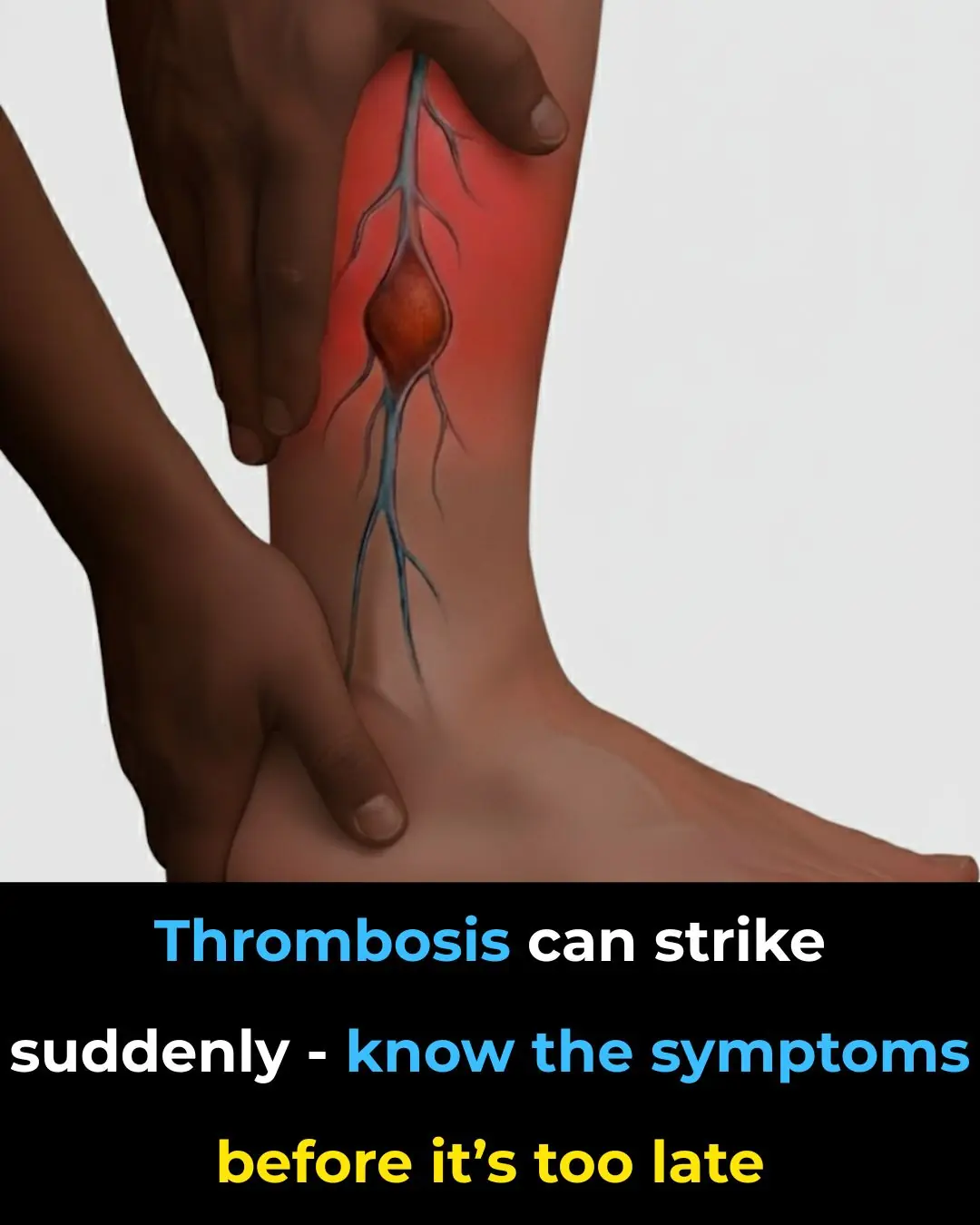
Blood Clot in Leg: Signs and Symptoms You Shouldn’t Ignore (Pictures Included)
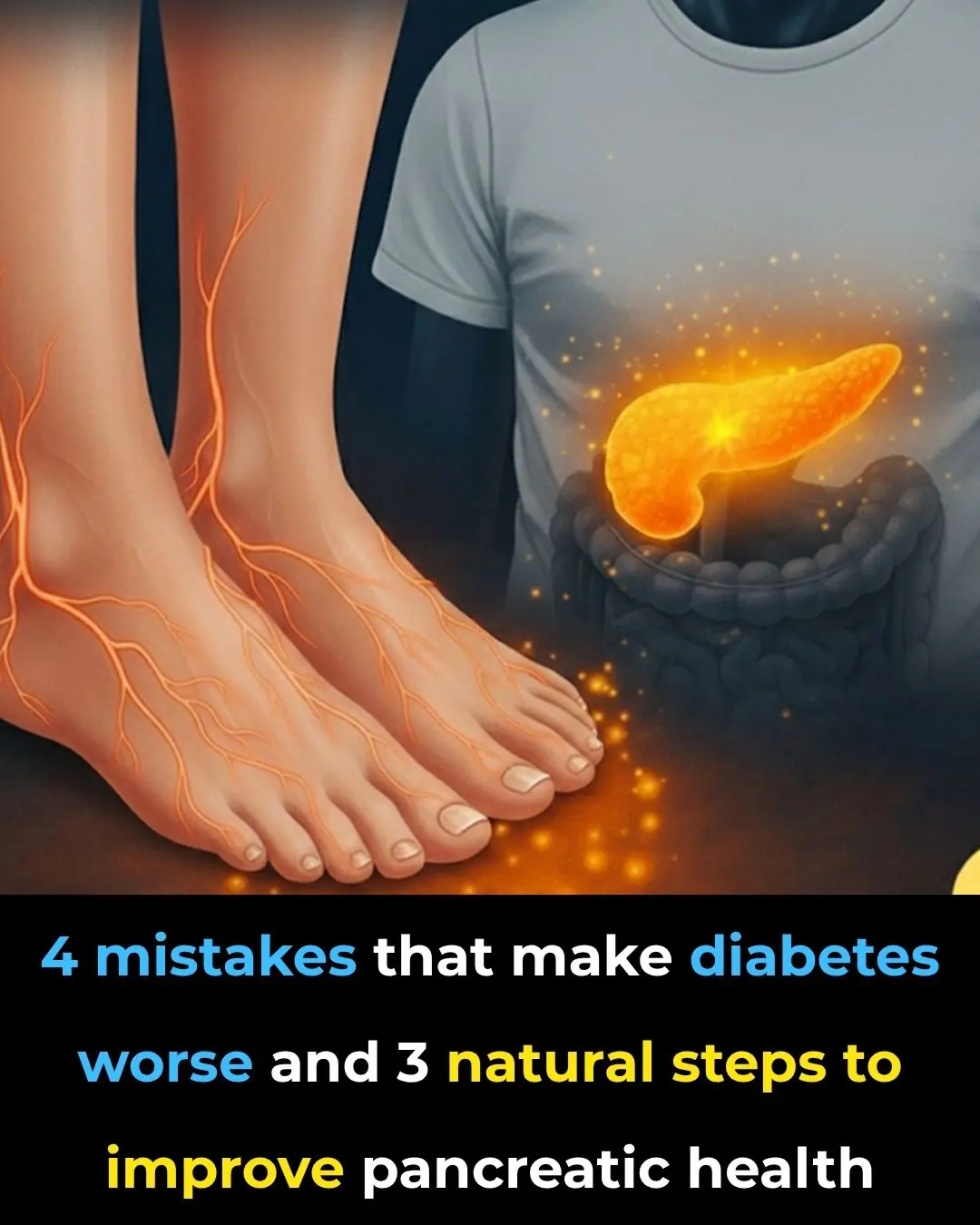
4 diabetes mistakes you MUST avoid + 3 Secrets to naturally regenerate your pancreas!

#1 best way to reverse & slow dementia
News Post
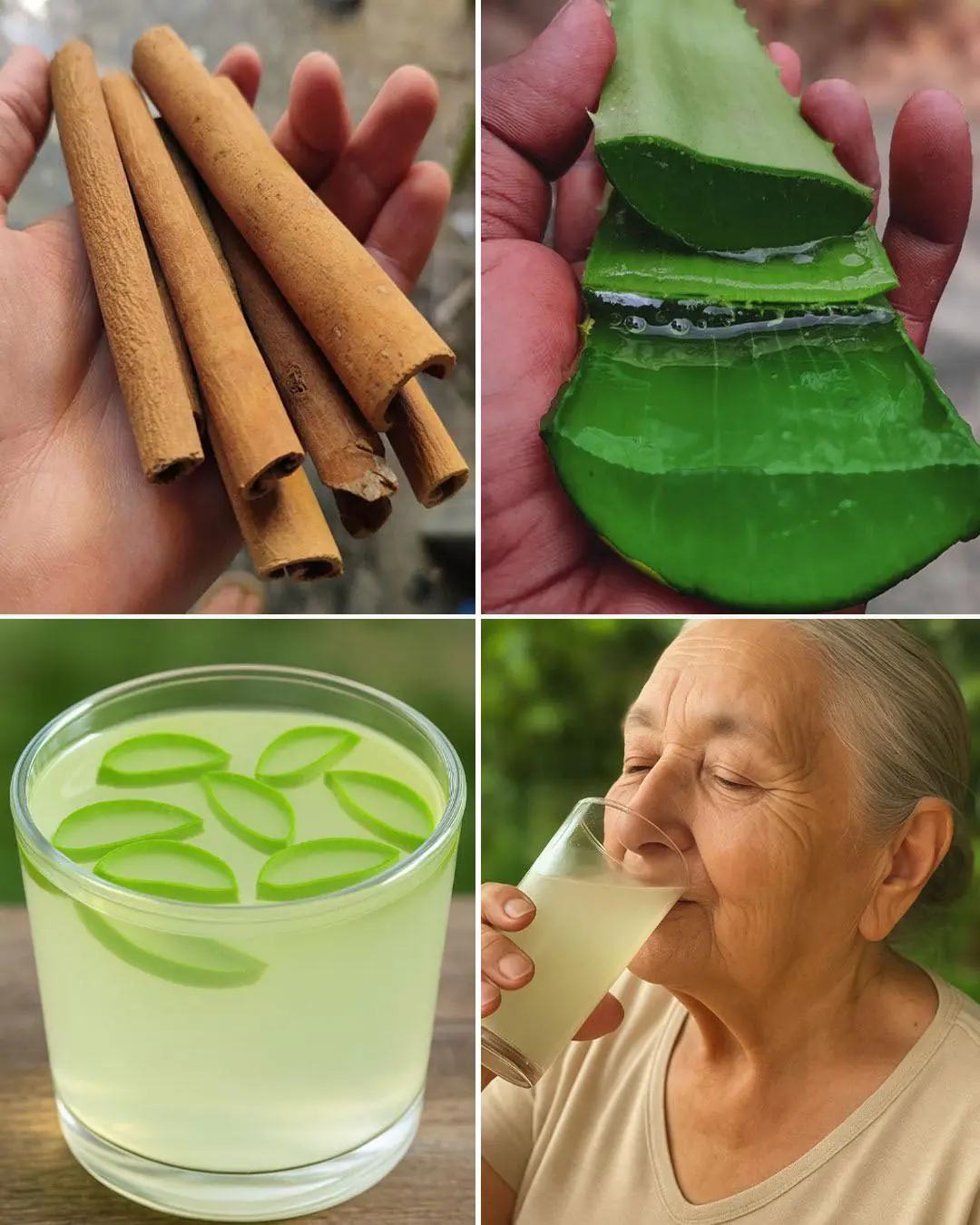
Aloe Vera and Cinnamon Remedy: Natural Benefits for Eye Health, Immunity, and Healing
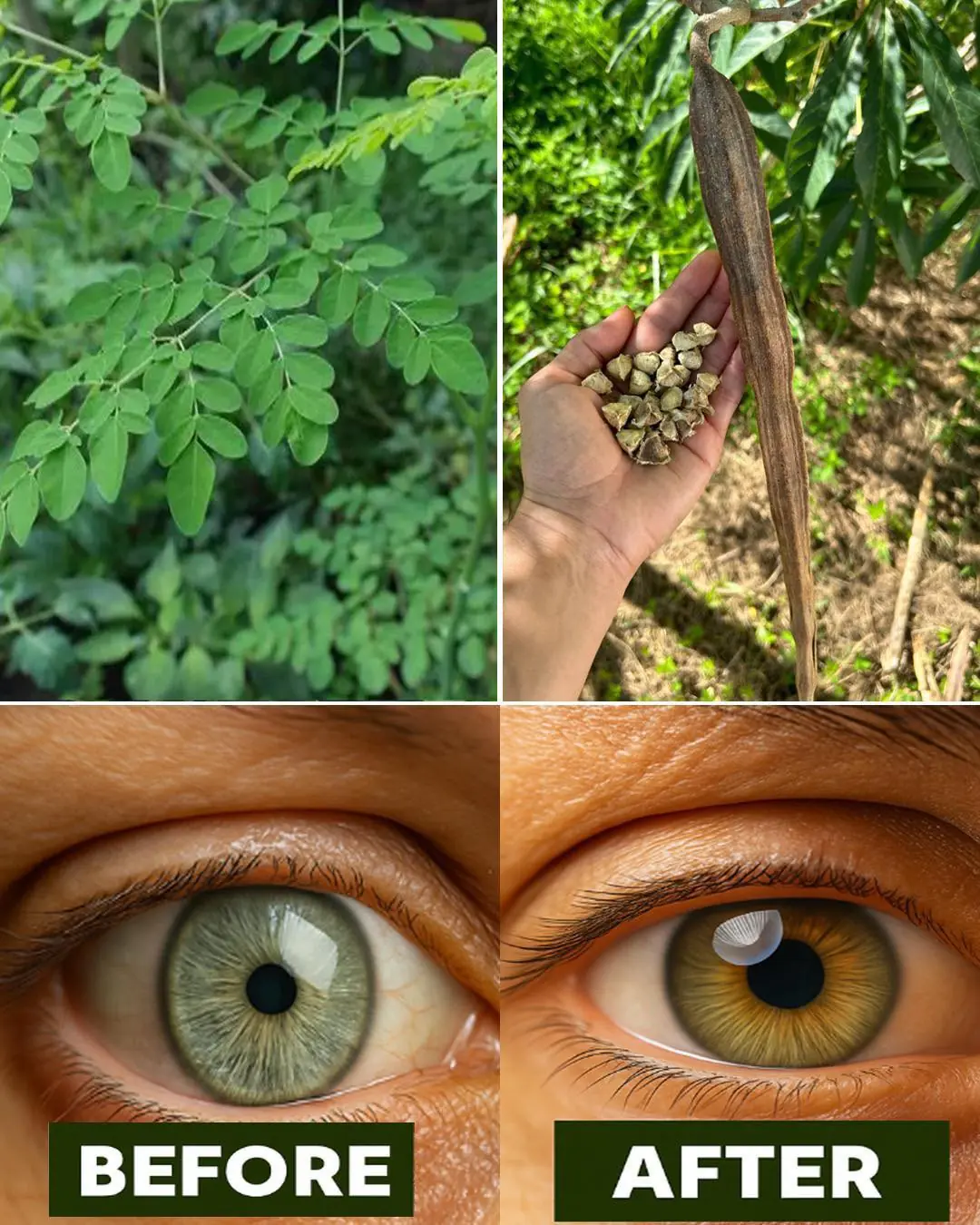
12 Powerful Benefits of Moringa Seeds

Goldenberries (Physalis peruviana): A Nutrient-Packed Powerhouse for Health and Vision
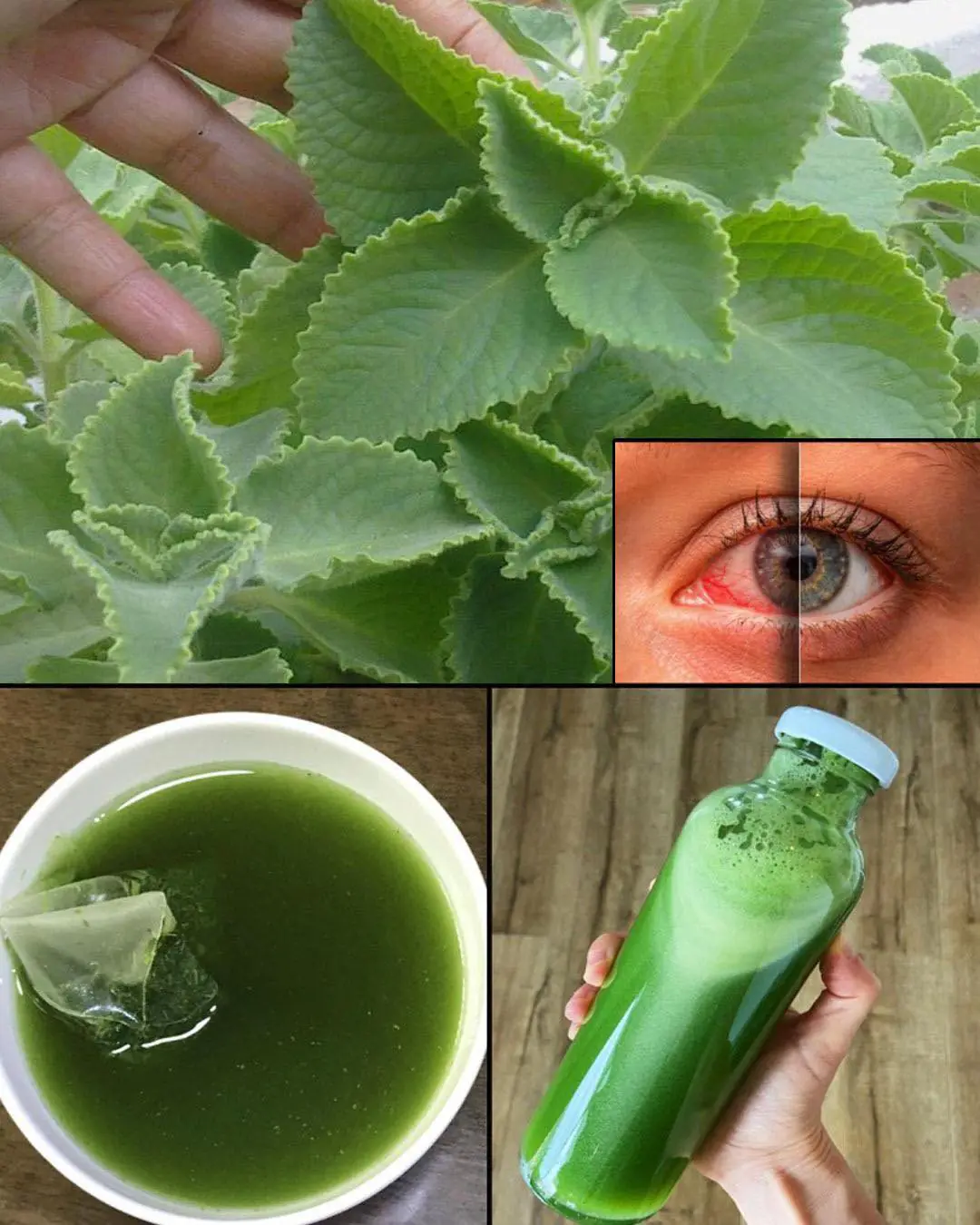
Oregano: The Golden Herb for Eye Health

Some of the Benefits of Castor Leaves and the Seed
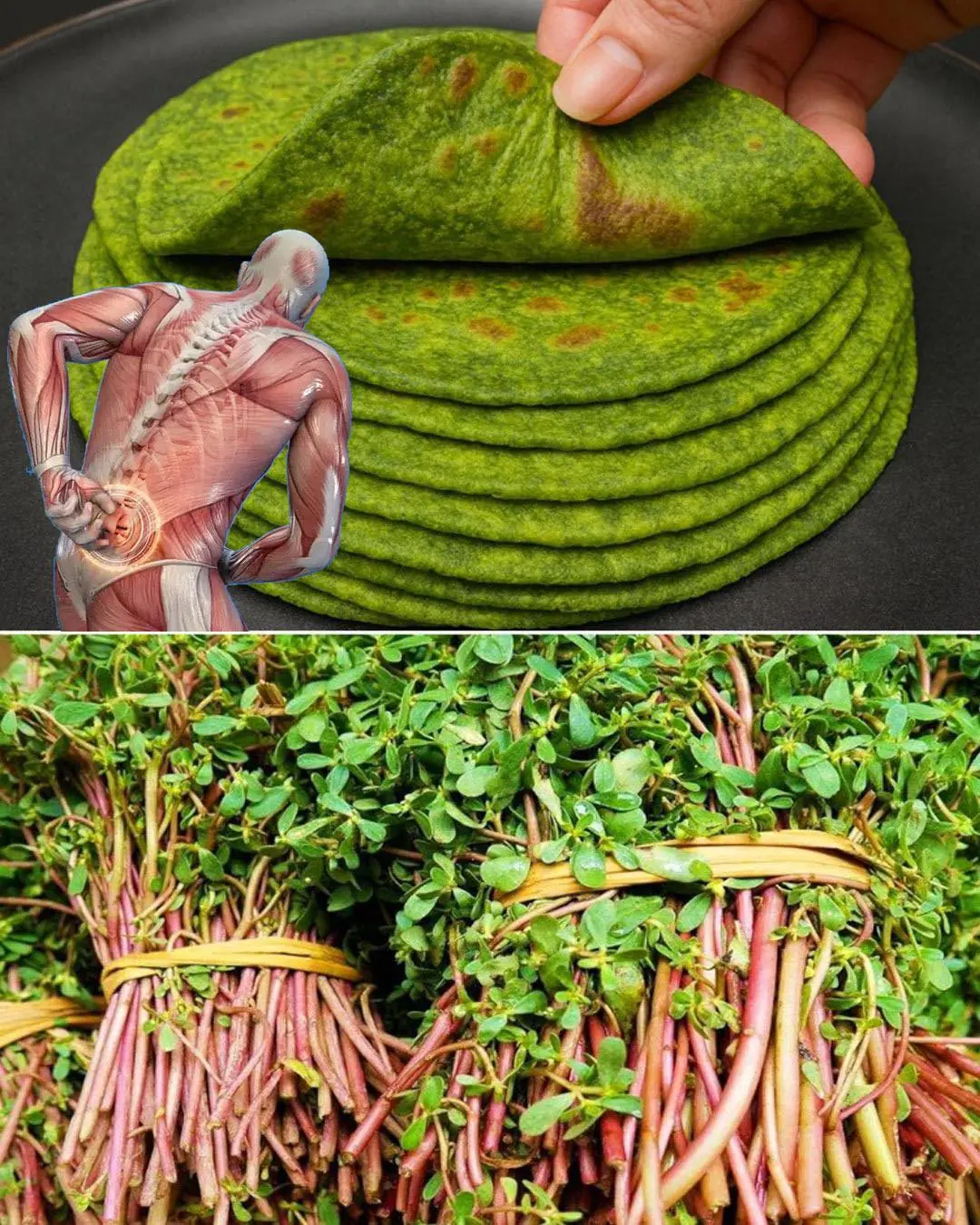
10 Benefits and uses of purslane

Chanca Piedra (Stonebreaker): Benefits and Uses

Do you need to unplug the rice cooker after the rice is cooked: The surprising answer November 27, 2024

7 Benefits Of Papaya Seeds & How To Consume Them Correctly

Bougainvillea likes to 'eat' this the most, bury it at the base once and the flowers will bloom all over the branches

The elders say: "If you put these 3 things on top of the refrigerator, no matter how much wealth you have, it will all be gone." What are these 3 things?

Can rice left in a rice cooker overnight be eaten? Many people are surprised to know the answer.

After boiling the chicken, do not take it out immediately onto a plate. Do one more thing to make sure the chicken is crispy, the meat is firm, and the skin does not fall apart when cut.

Cut this fruit into small pieces and put it in the pot to boil the duck: The bad smell is gone, the meat is fragrant, soft and flavorful.

Warts on Hands: Causes and Effective Natural Treatments

Medicinal Health Benefits of Turmeric, Curcumin and Turmeric Tea Based on Science
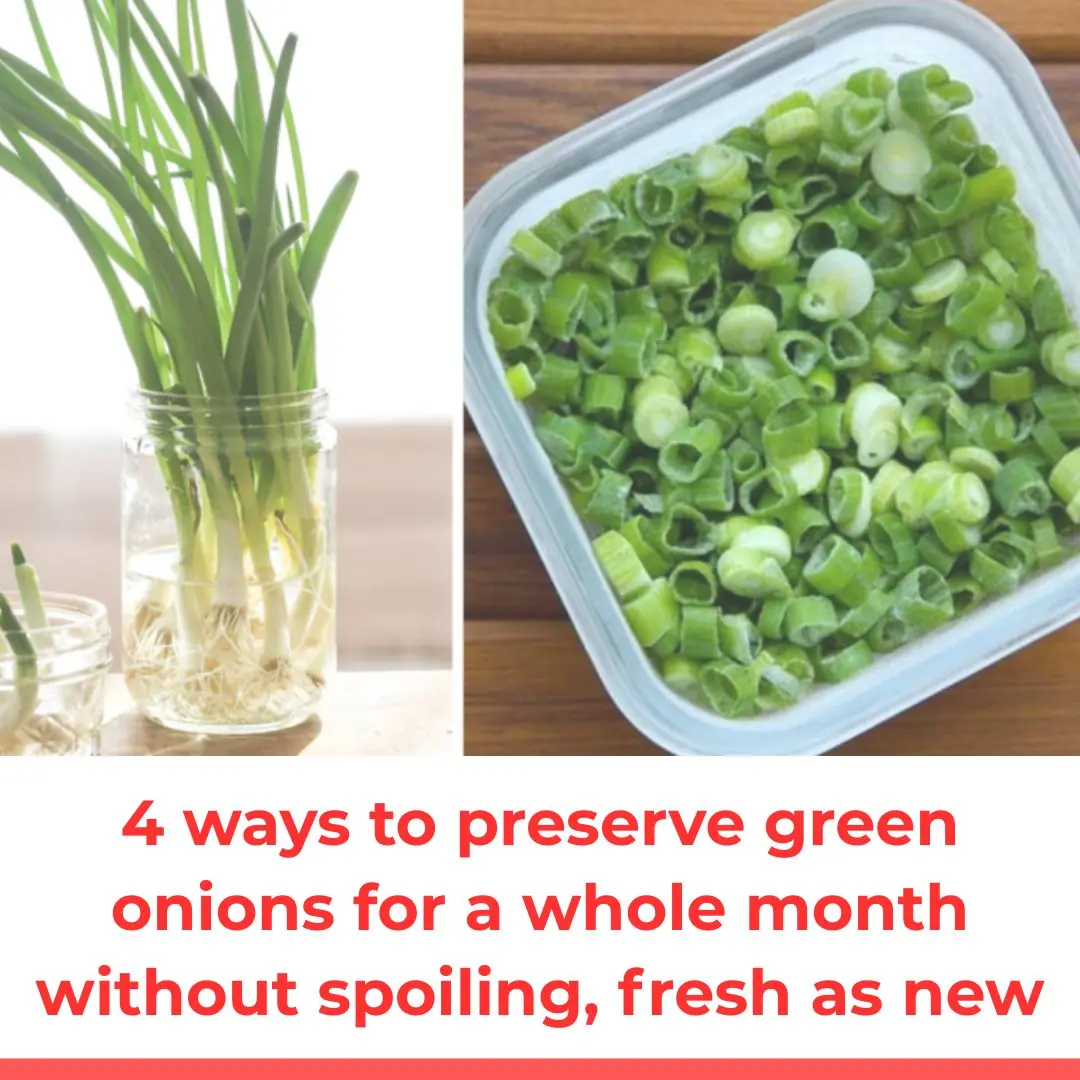
4 ways to preserve green onions for a whole month without spoiling, fresh as new

The best way to lower blood pressure fast!

9 Habits You Need To Adopt Today To Stop Alzheimer’s or Dementia Before It Starts
